
Animals
Paw-print DNA lets scientists track out-of-sight polar bears
This environmental DNA can aid in conserving species that are hard or dangerous to observe.
Come explore with us!

This environmental DNA can aid in conserving species that are hard or dangerous to observe.
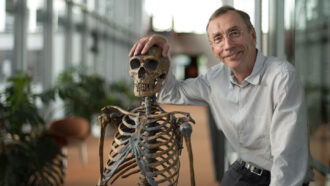
Svante Pääbo figured out how to examine the genetic material from these hominid ‘cousins’ of modern humans.
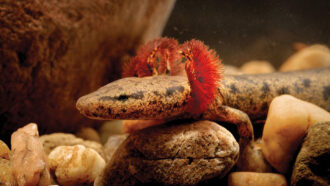
The genomes of salamanders are bloated with genetic “parasites.” That extra DNA slows down their lives and strands them in perpetual childhood.
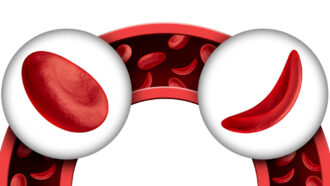
Gene mutations can alter an individual’s hemoglobin in ways that curl their blood cells. This can cause painful sickle cell disease.
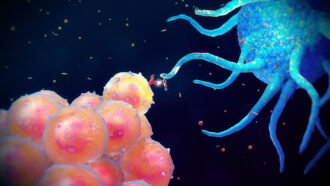
An army of cells — and their protein arsenal — work to keep us safe. Several squads of special forces possess unique superpowers to disable or kill intruders.
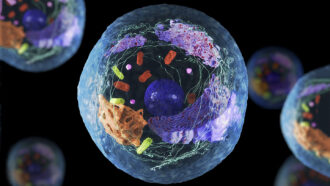
Life as we know it depends on the coordination of structures inside cells — whether a living thing has only a single cell or trillions of them.

The treatment helped frogs grow working limbs useful for swimming, standing and kicking. It’ll be a while before people can do that.
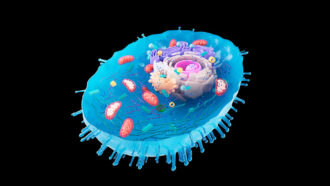
Eukaryotes are living things whose cells package their genetic material inside a pouch called a nucleus.

Analyzing these genetic residues in air offers a new way to study animals. It could give scientists a chance to monitor rare or hard to find animals.
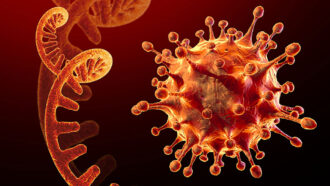
A partner to DNA, cells use this molecule to translate the instructions for making all of the many proteins that your body needs to function.